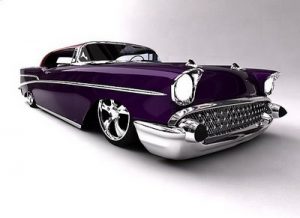Time For An ‘Anti-Tax Movement’ in Used Vehicles?
I would say the answer is “yes” after recent reviews of used vehicle department performance at several dealerships.
The “tax” in question is the pack these dealerships put on their used vehicles. In some cases, this add-on cost for every used car runs nearly $900.
W hy do I call a pack a “tax”? By definition, a tax is a surcharge that does not add value to a good or service. Reconditioning a used vehicle is not a tax, because it improves a car’s condition and value for a buyer.
hy do I call a pack a “tax”? By definition, a tax is a surcharge that does not add value to a good or service. Reconditioning a used vehicle is not a tax, because it improves a car’s condition and value for a buyer.
A pack, on the other hand, adds no value to a car. In fact, for consumers, the pack diminishes a vehicle’s value, because it often translates to a higher purchase price than the same or similar available used cars.
I’ve seen cases where packs create a chilling effect on the volume and velocity of a dealership’s used vehicle department.
One telling example: Trade-ins are often far fewer, because appraisers only want to buy cars where the acquisition cost is low enough to support the pack, or “tax,” placed on a car, plus gross profit expectations. In turn, the used vehicle department must then source a greater share of inventory from auctions, where acquisition costs are typically higher.
Guess what happens to the front-end gross profits at these dealerships—even as they sell cars? They hit the floor.
I’m not suggesting dealers should eliminate this “tax” they place on vehicles.
However, they should recognize that, in a growing number of markets, the size of the pack dealers put on used cars is significantly less than it used to be. Some dealers have even abandoned the practice altogether as they seek to become more clear-eyed about their markets and more responsive to buyer expectations for retail pricing parity and transparency.
